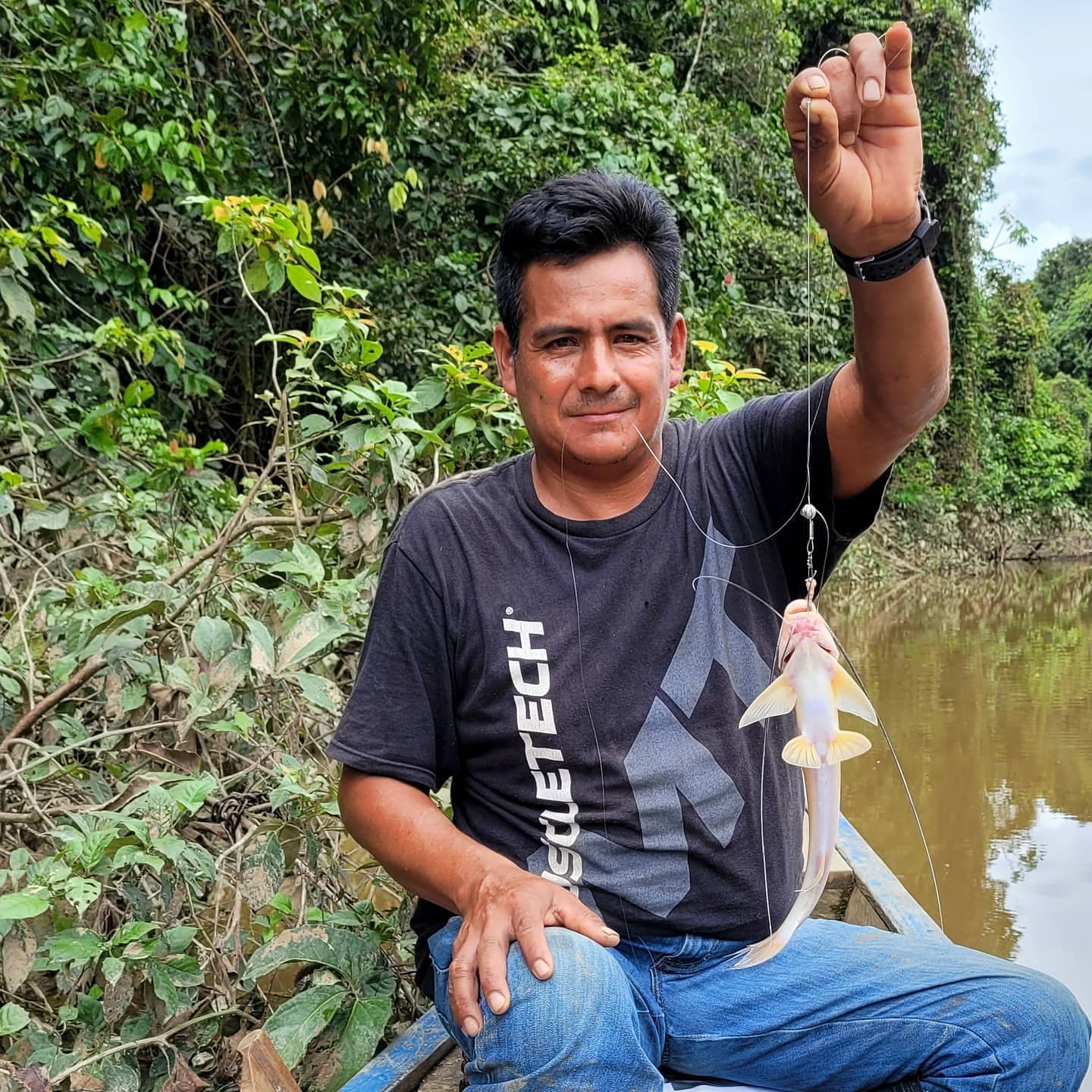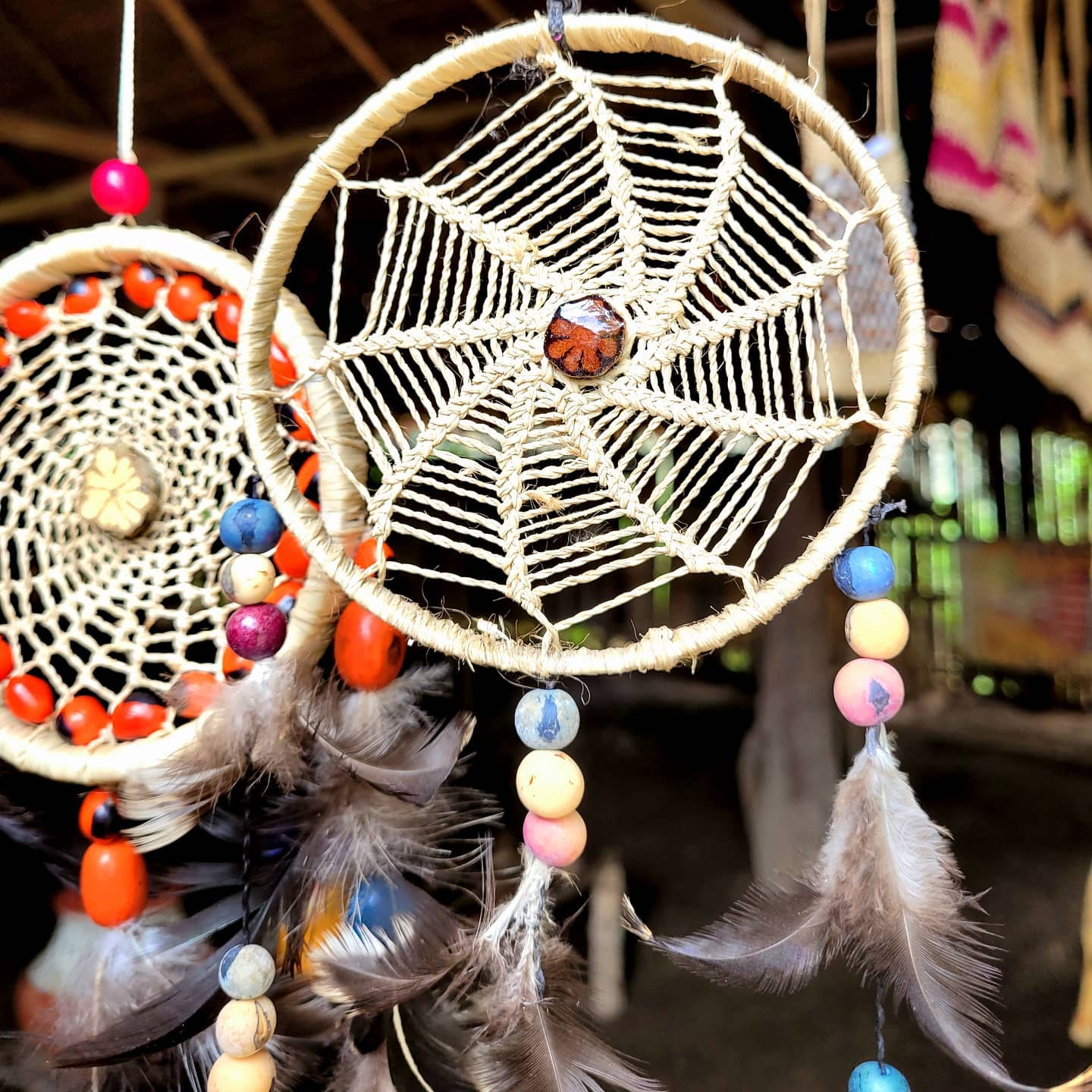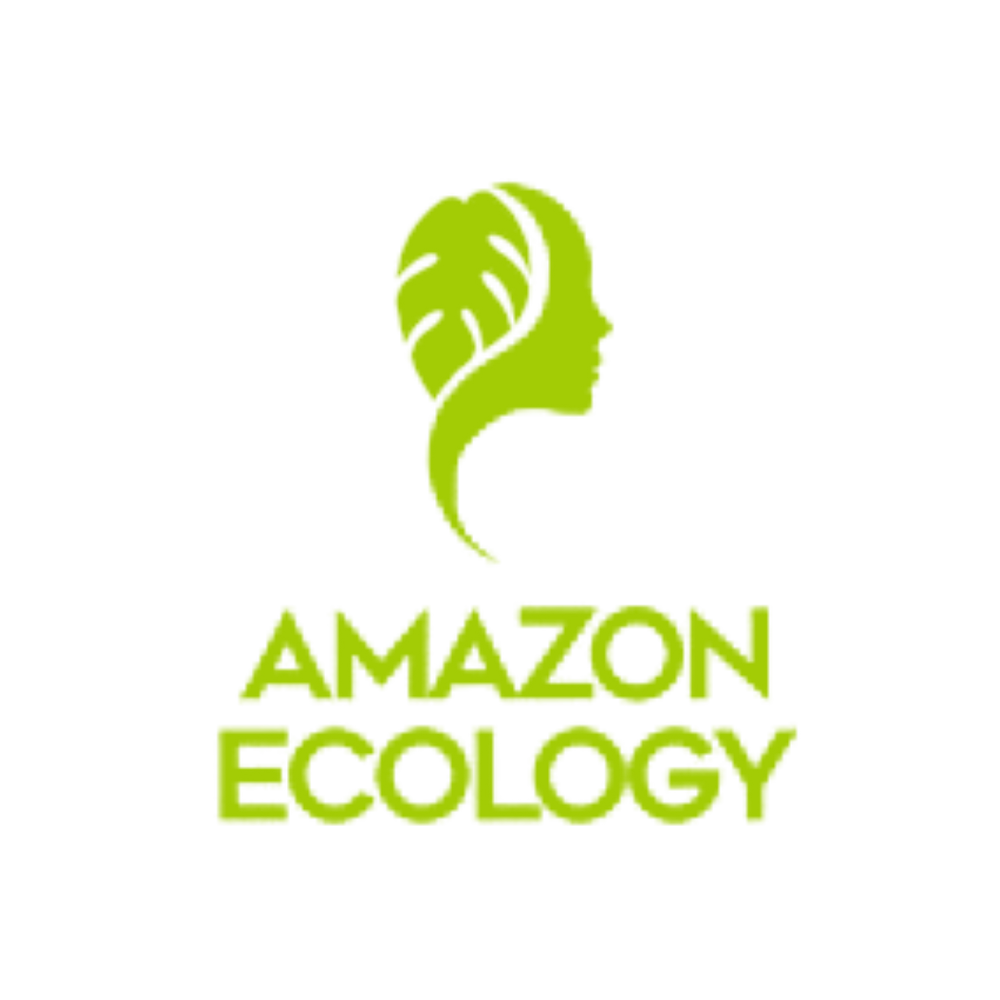Story and photos by Campbell Plowden, Executive Director, Amazon Ecology
We have been working closely with Edson and Pablo from the community of San Francisco on the Maranon River for the past few years to lead artisan training workshops, engage their small group to fill orders for woven birds and participate in Alternatives to Violence Project workshops. Our relationship with the original and larger artisan group soured some years ago and since their leaders exerted a lot of influence in the community, we hadn’t done much directly there for some years.

While Edson had been subject to a lot of negative gossip, the rest of his community noticed he was the channel for bringing food and medicines to them from us during COVID’s peak and that his small artisan group was steadily improving their craft quality and sales with us while other artisans were languishing with no regular markets. The last tourist boat stopped in their village over two years ago, and the thatched stands they had built to receive them had rotted away. While Edson could have continued to channel all of our orders to his group, he urged us to hold a workshop in San Francisco so all interested artisans in his community could benefit from our trainings.
While I had some trepidation about going back to San Francisco, I was very happy to find that our workshop was fully subscribed with 34 participants from three associations who all got along very well with each other. They were evenly divided into two groups in the workshop who made roseate spoonbill and aracari ornaments for the first day and a half and then switched for the second half. Edson and Pablo guided each group with assistance from a different pair of apprentice facilitators each day who had participated in our artisan facilitator training in mid-February.
By the middle of the second day, the artisans were steadily improving their craft-making. We did another group check-in before lunch by asking everyone to put their birds on the big table so they could see each other’s work and hear the facilitators’ comments about parts of specific birds they really liked and how to make other parts even better. Many of the spoonbill long beaks were not great so Edson helped them redo these to become sellable to us.

This review process was also important for the apprentice facilitators so they could hone their observations of fine points and develop the courage and skill to share their constructive suggestions with their peers. Our perennial goal is to help our partners develop their own rigorous quality control in ways that respect the self-esteem of all even if not all products meet the highest standard.

Their crafts were truly beautiful, but my best feelings came from seeing how much the artisans enjoyed each other’s company and generously helped each other try to master the details of their bird. This was a dramatic change from the past when the most talented artisans did not want to share their skills - perhaps because they didn’t want to empower neighbors they viewed as competitors selling to a limited number of tourists.

On the final day of the workshop, we held a craft fair for workshop participants. Some were disappointed that we only bought a few or none of their crafts, but it was obvious to all that the quality of crafts they had made in the workshop was dramatically better than the crafts that had been sitting around their homes for many weeks, months or years.
At our closing circle, everyone appreciated this chance to improve their craft-making and urged us to return. We even had a positive meeting with the leaders of the larger group who expressed their sincere desire to work with us again. This might not have happened if the pandemic hadn’t decimated their previous market, but regardless of the reasons, I was happy to have a fresh start in San Francisco.





